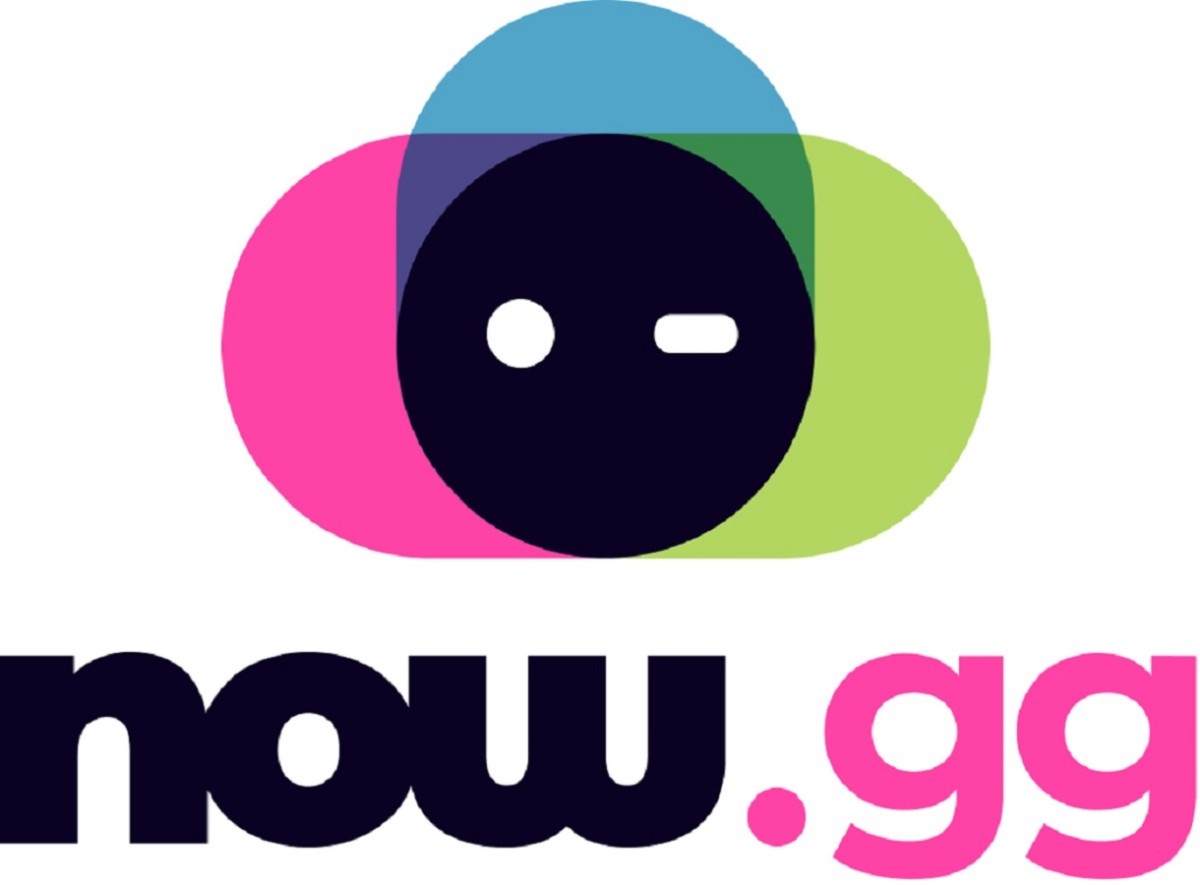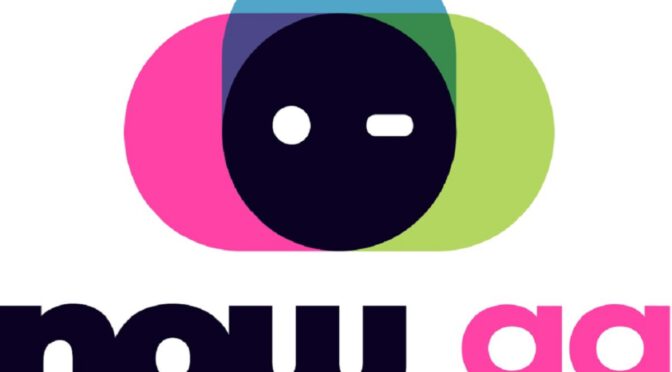Mobile cloud company Now.gg recently launched its Now.gg Fungible Games (NFG) mobile gaming platform. The NFG platform allows for “unbundling” of game assets such as game code, game events and game graphics, meaning that each asset can be owned by different people. The games are later reassembled via the cloud using “dynamic recomposition” and then delivered to the user.

Reasons for introducing NFG
“Games today are like movies. What if you could link them to matter, avatars, space and time,” says Now.gg Founder and CEO Rosen Sharma.
Matter means elements such as weapons in a game, avatars are the heroes we know, maps with portals act as space, for example, and time means the player’s time. With the computing power of the mobile cloud and the dynamic compositing of games, this is possible today.
Yang Guo, Founder and CEO of Heya added, “NFG is a groundbreaking new platform. It will change the way games are developed in the future and how games interact with their players. It also offers existing mobile developers a path to Web 3.0 that builds on their existing business. This would not have been possible without the mobile cloud.”
What does NFG bring to game developers?
Basically, NFG offers completely new possibilities in the development of games. For example, it becomes possible to split a game into different sectors such as code, events and graphics, whereby the ownership of these sectors can be divided among different people. In this way, existing games can be changed as desired, with the software querying individual sectors and reintegrating them in a modified form, supplementing them, or replacing them completely. The modified sectors can come from many different developers. In the end, it becomes the so-called fungible game.
There is also the possibility of a variety of new interactions between developers and players. For the latter it can e.g. For example, it can be very exciting to find new segments in games and integrate them into their gaming experience.
The mobile simulation game Heya is a current example of the use of NFG . The software can query the user’s wallet and in this context registers which assets he owns. He can then place these assets on the walls of a room and share the completely personalised, digital room with others. Experts view this merging of the real and virtual world with great fascination, as it offers undreamt-of possibilities for the future in the development of games that clearly stand out from what has been known and widespread up to now. In the future, the player will delve even deeper into the virtual world and the line between fiction and reality will continue to blur.
Recently, Yahaha Games secured a $50 million investment to build a metaverse with user-generated content that requires no programming skills from the user. So the future for gamer is going to be exciting.
